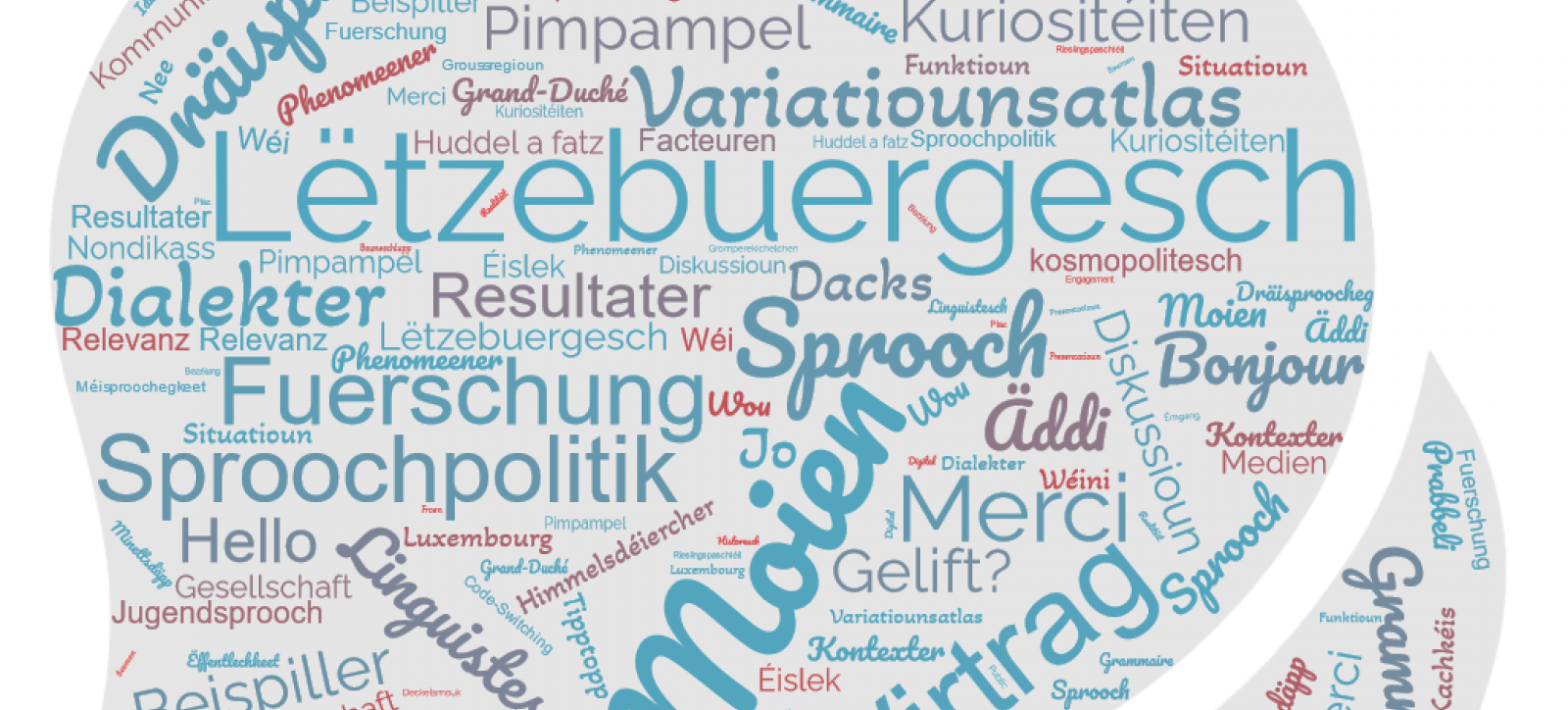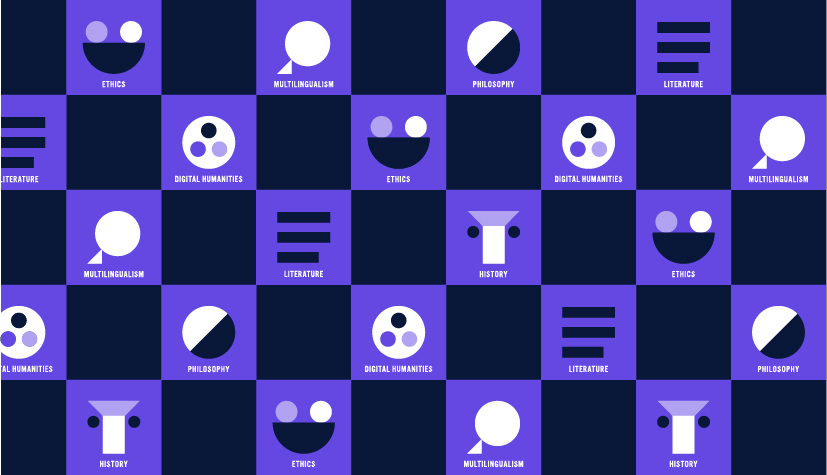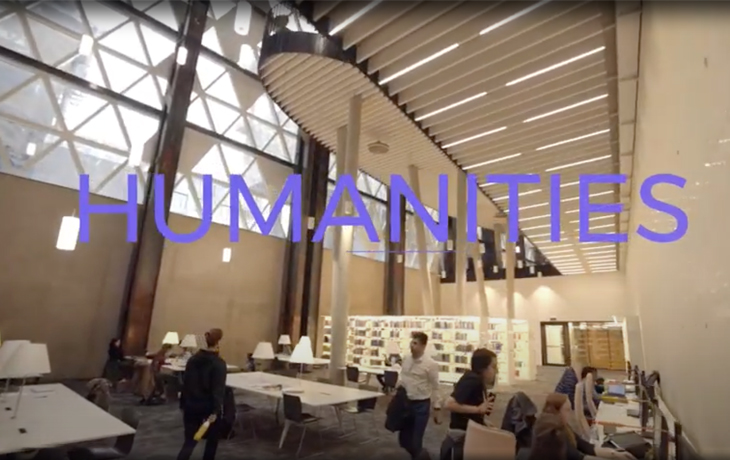A glimpse into our department
A unique combination of disciplinary and interdisciplinary research and teaching
Our research projects cover a wide range of disciplines and fields, including history, linguistics, literature & arts, multilingualism, philosophy, digital humanities & media studies, and didactics. Reflecting on the unique cultural and linguistic richness of Luxembourg, we offer a wide range of interdisciplinary, often multilingual programs in an international and inclusive atmosphere. Our courses are research-oriented, often with hands-on opportunities for projects, in collaboration with stakeholders from the Luxembourgish society and international actors.
Our department in numbers
-
139Staff Members
-
1Lab
-
11Study programmes
Events

 Wednesday 24 AprilIn-person event, Vorträge
Wednesday 24 AprilIn-person event, VorträgeFrühlingslektüren: A Quantum of God: Mythen und Heilversprechen der Quantentechnologie
Learn more Wednesday 08 MayIn-person event, Vorträge
Wednesday 08 MayIn-person event, VorträgeFrühlingslektüren: Sie sind so frei. Idioten der Literatur
Learn more
News
-

Nouvelle publication : Peut-on tout leur dire ? Formes de l’indicible en littérature jeunesse
Sciences humainesLearn more -


